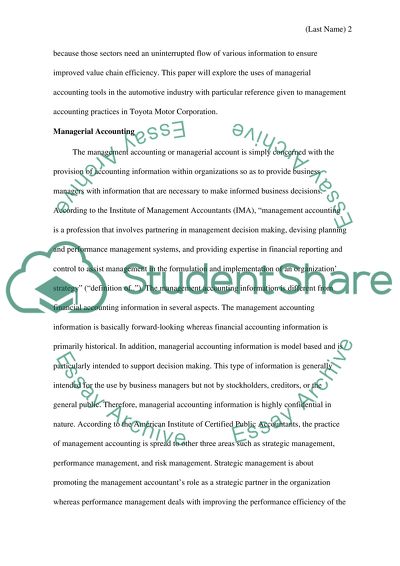Cite this document
(“The use of managerial accounting in any industry Essay”, n.d.)
The use of managerial accounting in any industry Essay. Retrieved from https://studentshare.org/finance-accounting/1495153-the-use-of-managerial-accounting-in-any-industry
The use of managerial accounting in any industry Essay. Retrieved from https://studentshare.org/finance-accounting/1495153-the-use-of-managerial-accounting-in-any-industry
(The Use of Managerial Accounting in Any Industry Essay)
The Use of Managerial Accounting in Any Industry Essay. https://studentshare.org/finance-accounting/1495153-the-use-of-managerial-accounting-in-any-industry.
The Use of Managerial Accounting in Any Industry Essay. https://studentshare.org/finance-accounting/1495153-the-use-of-managerial-accounting-in-any-industry.
“The Use of Managerial Accounting in Any Industry Essay”, n.d. https://studentshare.org/finance-accounting/1495153-the-use-of-managerial-accounting-in-any-industry.


